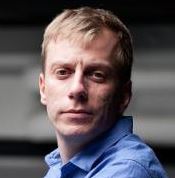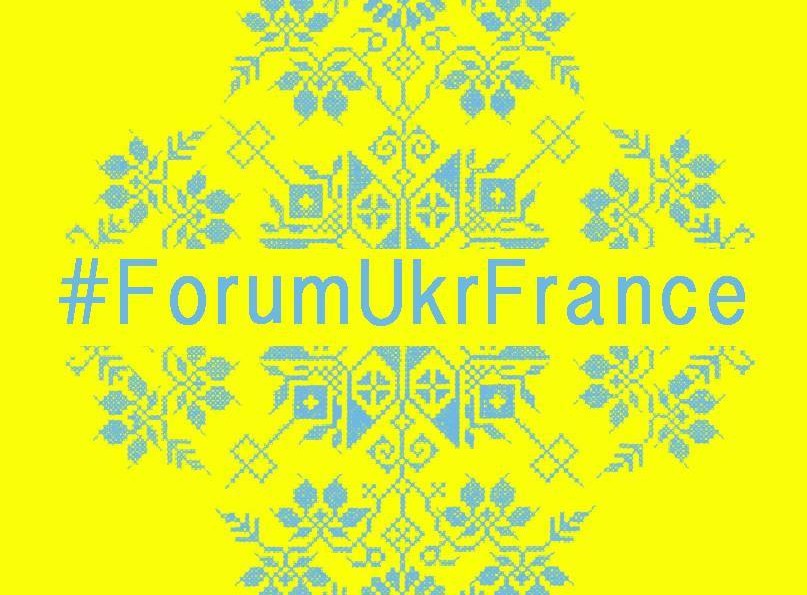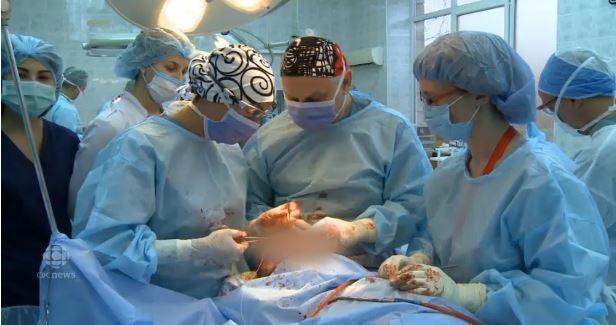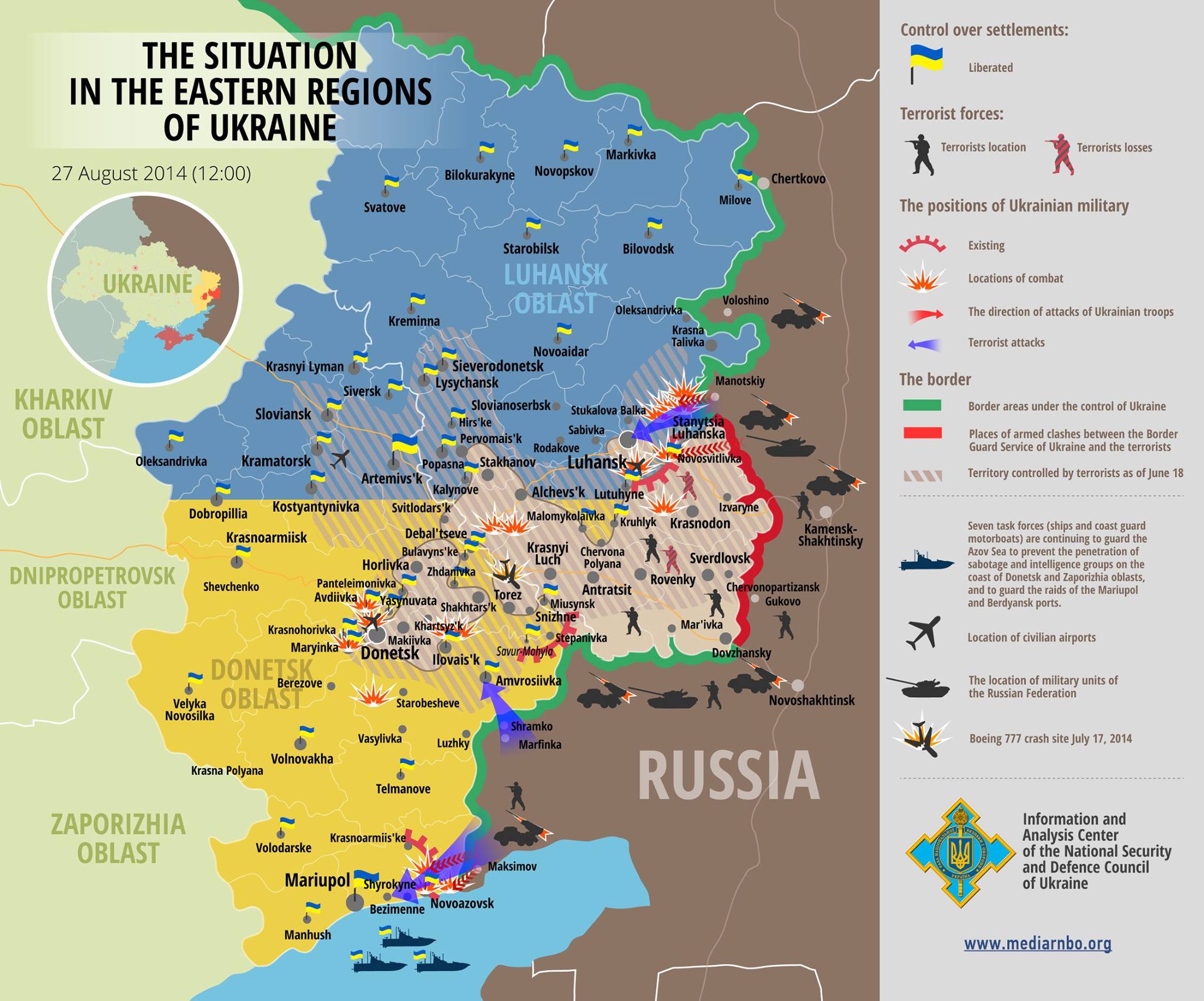In Ukraine more than a million people are refugees in their own country. They have fled their homes in the war-torn east of the country or from the now Russian controlled Crimea. Many have fled because of their support for Ukraine and resistance to Russian hegemony. Thousands have settled in the capital Kiev where they try to create a new life. It’s a daunting task in a country on the verge of economic collapse.
“We only packed one suitcase each. The Ukrainian forces moved closer and closer. We thought it would only be a few weeks before they would liberate the city and restore law and order. They never came.”
Alina Kotemko is struggling to hold back the tears as she talks about her escape from the anarchy in eastern Ukraine. Together with her husband, their 17-year old son, and three year old daughter Alina fled from her native town of Luhansk in eastern Ukraine the last day of May 2014.
The spring of 2014 was tense in Luhansk. In early April demonstrations rapidly turned to violent insurgency. Within a few weeks the protesters turned into militant pro-Russian rebels occupying government buildings and demanding either autonomy or total secession from Ukraine. The Luhansk People’s Republic was proclaimed, and a referendum on secession was announced. Up to the May 11 referendum Alina and her husband had voiced their support for the unity of Ukraine on various social media platforms.
“We urged people to vote against secession. No to anarchy and Russian gangsterism,” Alina Kotemko explains.

The result of the referendum was as can be expected when armed men stand beside the curtain of the voting booth — a largely manipulated landslide for the YES campaign. The hunt for opponents of the new “People’s Republic” could begin. Alina and her husband were frightened that they would be arrested and they decided to flee the city.
“One of our friends had already been arrested by the militia. He was jailed for two weeks. In prison he was starved and tortured. When he was finally released, he was given 24 hours to leave Luhansk. We had heard rumors of lists of names of people who supported the new liberal government of Ukraine. We thought that we were probably on the list. We were afraid to stay in Luhansk.”
Alina and her family boarded the train to Kiev early in the morning of May 31 2014. The timing tuned out to be their luck. Just three days later the pro-Russian rebels closed the border between Ukraine and the self-proclaimed People’s Republic. There were no more trains to freedom.
Alina’s friend had offered the family to stay with her in Kiev. Five people crammed into a small one-bedroom apartment in the outskirts of the city. A temporary solution Alina thought. Soon they would be able to return home.
“We were convinced that it would only be a matter of weeks before the Ukrainian forces would liberate Luhansk”.
However, the Ukrainian forces were ill-equipped and too badly organized to regain control of Luhansk. A year later the front is still deadlocked. The 1.3 million internally displaced persons (IDPs) who fled their homes in eastern Ukraine and Crimea have little prospect of returning home in the near future.
They are refugees in their own country forced to create a new life in other parts of the vast nation of Ukraine.
Most of the internally displaced persons now reside in camps close to the front though a significant number have settled in Ukraine’s major cities. According to the UN’s humanitarian agency, UNHCR, 143,000 internally displaced persons had settled in and around the Ukrainian capital Kiev by the end of June 2015.
They are often very resourceful and in possession of skills useful in a big city. However, according to Anatolii Zasoba it’s still difficult to start a new life in Kiev despite the relative high number of job options available in the capital. Anatolii is 30 years old and fled Sevastopol in the Crimea in March 2014 together with his wife and their five year old daughter.
“It’s a little easier to find a job in Kiev, but most often IDPs are forced to take jobs far below their skill level,” says Anatolii Zasoba.
“Housing shortage is, however, the biggest problem. Even for people from Kiev it’s difficult to find accommodation here. For the IDPs it is even harder because the landlords are often unwilling to rent out to IDPs. They are worried the IDPs won’t pay the rent. The trick is to know someone who knows someone, and it can be difficult to get the right contacts in a new and unfamiliar city“.

Anatoliy Zasoba was one of the first IDPs to arrive in Kiev last year. Like Alina Kotemko, he was forced to flee because of his opinions and his agitation for a free, undivided Ukraine . Anatoliy Zazoba fled his hometown of Sevastopol in the Crimea, where he owned and ran a successful Internet marketing agency with more than 50 employees. He had called upon his employees and members of an association he chaired not to vote in the referendum regarding the Crimean secession from Ukraine. It was an unfavorable stance to the new forces in power. One day when Anatolii came back from a meeting his secretary told him that the militia had been at the office asking about his whereabouts. When he heard this he knew it was time to leave Crimea.
Anatoliy Zasoba went to Kiev where he created the interest organization Crimea Diaspora. The organization was created to draw attention to the problems facing the internally displaced persons from Crimea, and to give them opportunities to leave the role as victims behind. After the war flared up in eastern Ukraine, Crimea Diaspora also started helping IDPs from that part of the country.
“We cooperate fairly well with the authorities. Even though the funds are small the state tries to create somewhat good conditions for the IDPs. The state especially makes an effort in the legislative field, but there’s not much financial help from the state since the state has very little money,” Anatoliy Zasoba explains.
Two months ago his organization opened a center for IDPs on the twelfth floor of a gray concrete building on Lavskra street in the east of Kiev. The center was set up in collaboration with UNDP and the humanitarian organization ADRA and serves as a social meeting place for IDPs and as a place where they can receive the kind of assistance the destitute Ukrainian state is unable to provide. At the premises in Lavskra street the IDPs are able to receive psychological help, and there’s a small kindergarten and pre-school for the children. The IDPs can also obtain guidance to find jobs and a place to live, women can meet in mothers’ groups, or the IDPs can get advice on how to set up their own business. With one exception the 12 employees are all IDPs themselves. The purpose of the center is to provide the internally displaced better opportunities to start a new life.
“We want to help them leave the status of victimhood to the status of winners,” explains Anatoli Zasoba.
For Alina Kotemko the past year has been a struggle to leave the role of victimhood. Much has happened but the family’s new life is far from being as comfortable as the life they left behind. Alina, who is a trained psychologist and used to have her own practice in Luhansk, now only has a handful of clients in Kiev. If she’s lucky she earns 3,000 [$140] hryvnia a month.Her husband used to own three furniture stores in Luhansk. Now he works full time as a furniture salesman in a shop on the outskirts of Kiev for a monthly salary of 5500 [$260] hryvnia.
Their son attends university and he receives a minuscule stipend barely covering the cost of books. The entire family lives in a one bedroom apartment on the east bank of the river Dnipro, which divides Kiev into a western part containing the old city center and an eastern part where most buildings are dilapidated, gray apartment buildings from the 1970’s. The rent alone cuts out hryvnia 5000 [$240] of the family’s monthly budget.
“We are better off than many others, but life is still hard for us. My husband would like to start his own business, but it’s not easy because he has no initial capital and he is unable to save up from his meager salary,” Alina says.
>She is worried what will happen to the family if unforeseen problems occur.
>“We have no savings, no insurance, we barely got money for food and rent. We are able to obtain medicine for our daughter’s allergies, but if she becomes seriously ill, there is nothing we can do about it.”
The welfare state is a foreign concept in Ukraine. Here almost all aid to the internally displaced is provided by local individuals or from organizations that often draws support from abroad. The Ukrainian government provides a bare minimum of humanitarian help to the most vulnerable refugees, but any needs beyond the point of mere survival is not being addressed by the government due to the dire economic straits the Ukrainian state is facing. According to the International Monetary Fund the state of Ukraine is in danger of going bankrupt by the end of this year. This is largely due to the cost of waging war in Eastern Ukraine but the trade war imposed by Russia is also having a negative effect on the Ukrainian economy which has dropped 16 percent in gross domestic output in just two years.

In another part of Kiev on the west bank of the mighty Dnipro River a group of volunteers are busy providing the services the state is unable to give. One of the volunteers is Mario Marana from the Spanish city of Valencia on the Mediterranean coast. At the age of 62 he decided to travel to Ukraine to do his part in the fight against Putin.
“The fascists destroyed my country and my family. They cannot be allowed to repeat history here in Ukraine. The fascist dictator Putin should mind his own business and get out of this country,” Mario says from the window opening where he distributes clothes to a group of people who have fled persecution and fighting in the Donbas area in eastern Ukraine.
Mario, who only speak Spanish and very basic Ukrainian which he has picked up during his seven-month stay in the country, is one of currently 72 volunteers working at the refugee relief center at Frolovska street in the central district of Podil in Kiev.
Mario is not the only foreigner here though the majority of the volunteers are from Kiev. Many took part in the Euromaidan movement which from November 2013 staged demonstrations and later became involved in heavy street fighting with the police in Kiev’s central Maidan Square sparking the revolution that forced then President Viktor Yanukovych to flee to Moscow.
A middle-aged couple walks into the former industrial site now functioning as a small community of refugees and volunteers. Eight converted freight containers and a few large tents in camouflage green are set up on the grounds. The couple puts a black plastic bag filled with clothes next to moving boxes from a moving company in Kolding, Denmark.
At the entrance an information center has been set up by young volunteers in a container. In the information center IDPs can be updated with the latest news on the situation in the areas they have fled.
In a refurbished military truck a little further in mothers and children are sorting through toys on the shelves set up inside a converted military truck. A large selection of toys fights for the children’s attention. Nearby old ladies with scarves tied loosely around their heads are searching through boxes looking for cookware. In a corner in the back of the site a large round tent serves as a cafeteria for the volunteers, and the latest arriving IDPs can get a free meal here twice a day. This only applies for the first 45 days after the IDPs have been registered — beyond that time period the IDPs have to find other ways to feed themselves.
“We have imposed the 45 day limit in order to motivate the IDPs to become self-supporting in a short time,” explains the director of the refugee relief center, Lesya Litvinova, in the center’s main building. In here the IDP’s are registered before they can make use of the center’s offer of services such as free medical care, receive clothing, cookware and other necessities and make use of the temporary food service.
It is mid-afternoon and 22 families have already been registered today. Several people are standing in queue outside waiting to come in for the registration process where four volunteers scan the IDP’s passports so they can be registered in the center’s database.
“In recent months we have seen an influx of families with children. It’s a much bigger decision for them to leave their homes behind than it is for young people without children who do not have as much to lose. Families are fleeing as a last resort. They flee only when they have no other options to survive,” says Lesya Litvinova. She speaks rapidly in small chunks of words in the short breaks between the never-ending calls to her phone. There is constantly something to coordinate, arrange and take care of.
“The refugees lack almost everything when they come here. We help them to acquire the basic things they need to maintain a tolerable life, but we’re in short supply of medications. We can’t do much to help diabetics or people with heart problems or people with other serious health issues. Unfortunately they have nowhere else to go”.
When the first IDPs came to Kiev from the Crimea and Eastern Ukraine in the early months of 2014 Lesya Litvinova and a handful of other activists form the Euromaidan movement decided to do something for the refugees arriving in the capital.
“Like us these people had fought for a better Ukraine. They fought for a free, democratic, Western-oriented country. We saw it as our duty to help them. This is our way to continue the revolution.”

A businessman offered the activists the right of use of a disused industrial building and the area behind the building. The abandoned industrial site on Frolovska street was quickly transformed into Kiev’s main refugee relief center now numbering more than 40,000 internally displaced persons registered in the center’s database. Many local citizens from Kiev support the center with donations of clothes, kitchenware, bed linen and other necessities. Organizations from abroad such as the Danish NGO Hjælp Ukraines Børn also contributes with such things as toys and medication.
Lesya Litvinova lets out a small, dryly laugh when I ask her about the level of cooperation with the authorities.
“You ask funny questions,” she says, taking me to her office where she points to high stacks of paper on the floor. The heaps of paper constitute the correspondence with the authorities. In particular the stacks of paper from the tax authorities take up a lot of space.
“They do not believe that we are all volunteers. They think we are paid by foreign organizations. I spend too much time on documenting what we spend money on,” says Lesya Litvinova.
Every day exhausted refugees arrive by train to Kiev’s main railway station. They represent only a fraction of the thousands of people fleeing the war. Despite the ceasefire agreed upon in Minsk almost six months ago fighting still takes place in the war torn parts of Eastern Ukraine.
The IDPs in Ukraine can’t expect to receive much help from the Ukrainian state. The state facing the economic consequences brought upon rising energy prices, towering corruption, the Russian trade war, an ongoing war in the east of the country, terrorist attacks from right-wing groups and the loss of industrial zones in east of the country. The state is struggling to avoid national bankruptcy and total systemic collapse.
Instead, the IDPs are forced to rely on the goodwill of private organizations and fellow citizens to help them on the road to a new life.
 Martin S. Poulsen is a Danish journalist with a keen interest in international affairs.
Martin S. Poulsen is a Danish journalist with a keen interest in international affairs.








